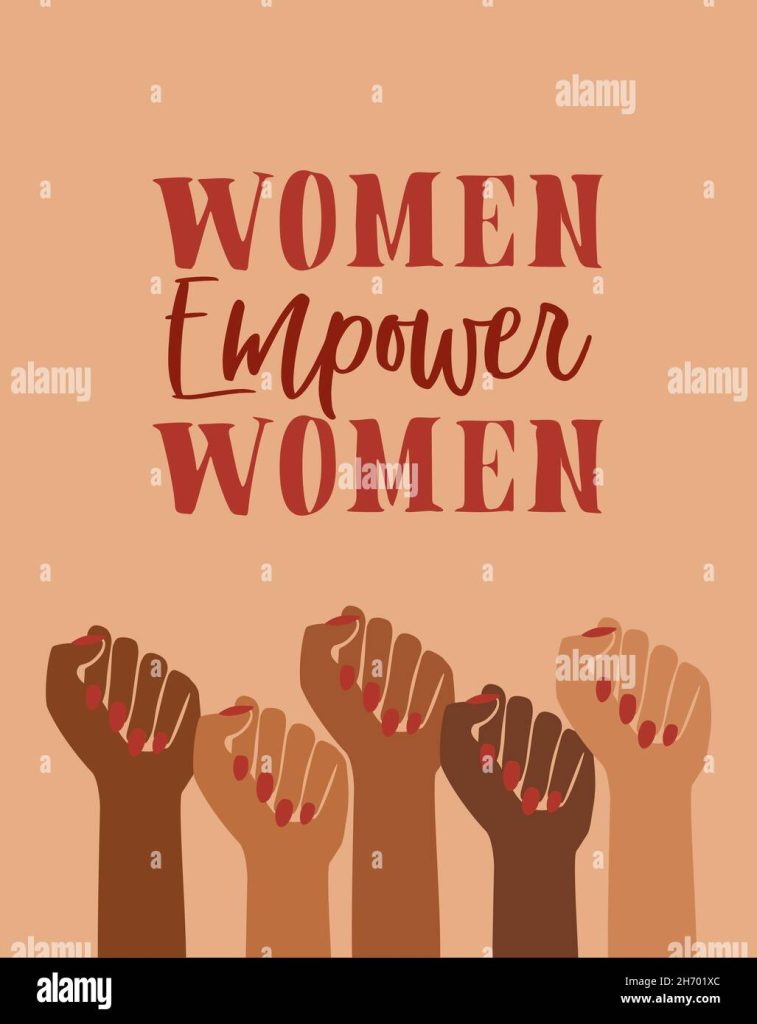When we think of super strength, we often imagine a strong man with bulging muscles capable of lifting heavy weights and overcoming physical challenges. However, there is another kind of strength that is just as powerful, if not more so: soft power, which women are particularly adept at wielding.
Soft power is the ability to influence others through persuasion, empathy, and emotional intelligence. It is the ability to build relationships, inspire trust, and lead with compassion. While hard power relies on coercion and force, soft power is based on the power of attraction and persuasion.
Women have long been associated with soft power, as they are often seen as nurturers, caregivers, and peacemakers. Throughout history, women have played crucial roles in promoting diplomacy, negotiation, and conflict resolution. From Queen Elizabeth I of England to Eleanor Roosevelt to Malala Yousafzai, women have used their soft power to bring about positive change in the world.
One of the key aspects of soft power is emotional intelligence, which is the ability to recognize, understand, and manage one’s own emotions as well as those of others. Women are often more emotionally intelligent than men, as they are socialized to be more empathetic and attuned to the feelings of others. This emotional intelligence allows women to connect with people on a deeper level, build trust, and inspire loyalty.
Another important aspect of soft power is communication skills. Women are often natural communicators, able to express themselves clearly and persuasively. They are skilled at listening, dialogue, and compromise, which are essential skills for effective leadership and conflict resolution. Women are also adept at storytelling, using narratives to inspire, motivate, and empower others.
In addition to emotional intelligence and communication skills, women also excel in building relationships. Women are often more collaborative and inclusive in their approach, seeking to involve others in decision-making and problem-solving. They are skilled at networking, forming alliances, and building bridges between different groups. Women are also more likely to prioritize collective goals over individual success, working towards the greater good of the community.
One of the most powerful examples of a woman’s soft power is that of Mother Teresa. Through her compassion, empathy, and dedication to serving the poor and the sick, Mother Teresa was able to touch the hearts of millions around the world. Her selfless acts of kindness and her unwavering commitment to helping those in need made her a true icon of soft power.
Women in leadership roles have also demonstrated the power of soft power. Leaders such as Angela Merkel, Jacinda Ardern, and Ursula von der Leyen have shown that empathy, collaboration, and inclusivity can be powerful tools for solving complex problems and building sustainable solutions. These women have used their soft power to navigate crises, build consensus, and inspire hope in times of uncertainty.
Despite the undeniable power of soft power, women often face challenges in harnessing and leveraging their strengths. The stereotype of women as weak, emotional, and irrational can undermine their credibility and authority. Women are often expected to conform to traditional gender roles, limiting their opportunities for leadership and influence. The lack of representation of women in positions of power and the persistence of gender inequality in many sectors of society can also hinder women’s ability to wield their soft power effectively.
To overcome these challenges, women must assert their strengths, embrace their unique qualities, and advocate for themselves and others. Women must challenge stereotypes and biases, assert their expertise and leadership skills, and demand equal opportunities for advancement and recognition. Women must support each other, mentor and empower the next generation of female leaders, and work together to create a more inclusive and equitable world.
Soft power is a woman’s super strength, a potent force for positive change and progress. Women have the ability to influence, inspire, and lead with grace, empathy, and resilience. By harnessing their soft power, women can shape the future, transform society, and create a more just and sustainable world for all. It is time for women to rise up, embrace their power, and change the world for the better.

